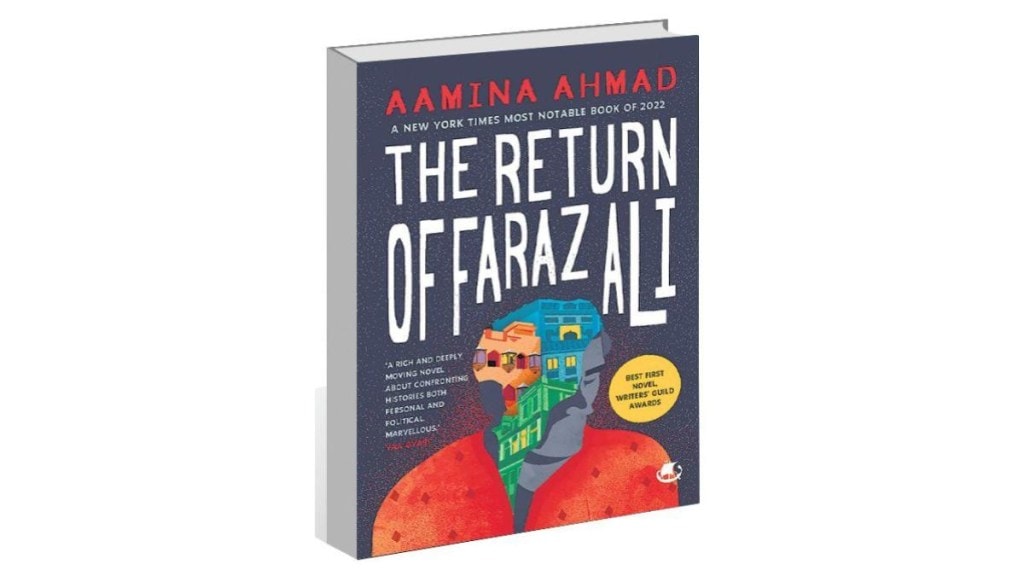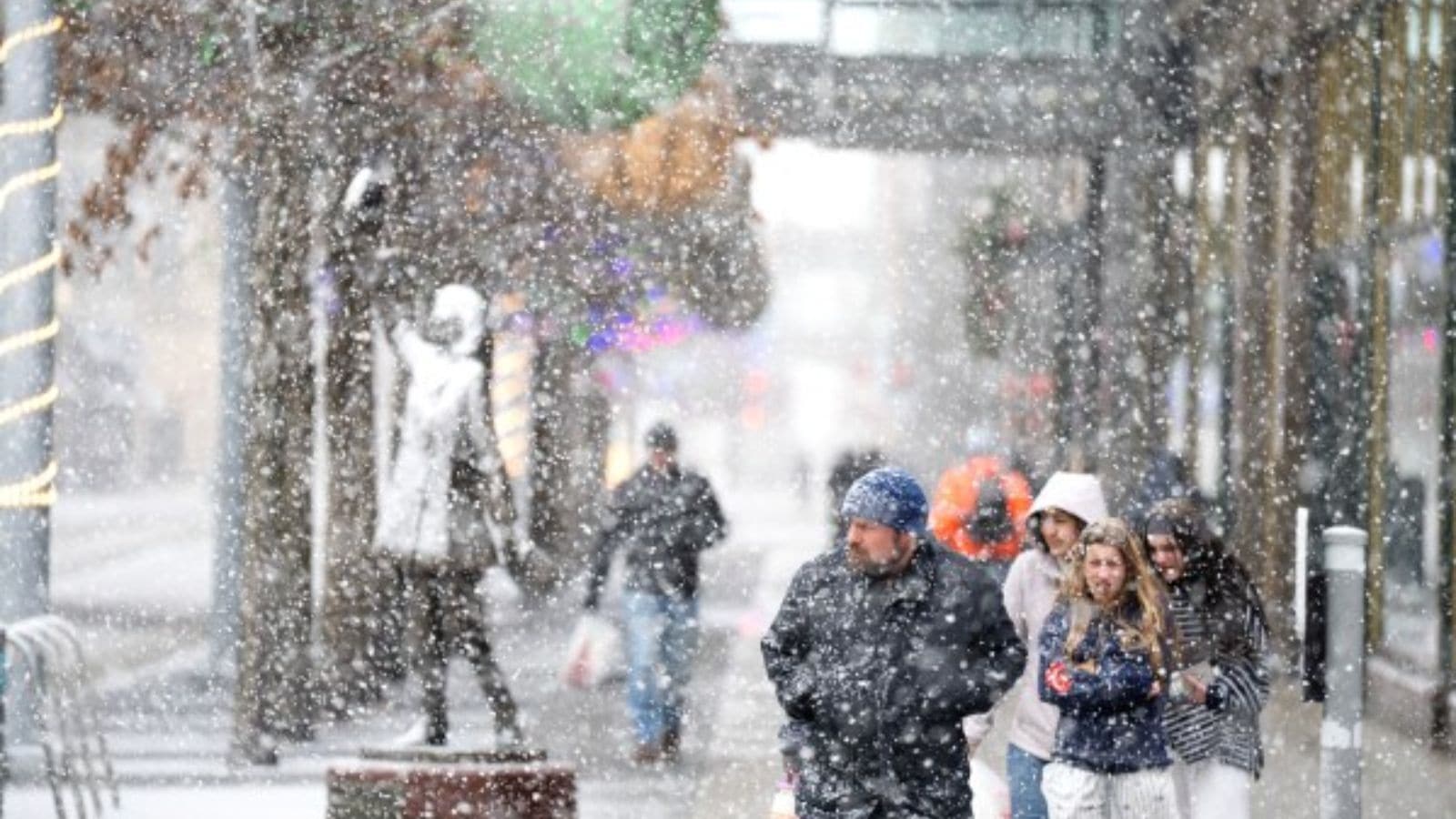Fiction writing in English is on an all-time high in the subcontinent. Last year, Sri Lankan author Shehan Karunatilaka won the Booker Prize for The Seven Moons of Maali Almeida, a haunting account of life during the civil war. Another Sri Lankan, Anuk Arudpragasam, was on the shortlist for the Booker the year before with a stream of conscious monologue about, again the Lanka civil war, in A Passage North. Pakistani-origin British author Aamina Ahmad’s first novel, The Return of Faraz Ali, is an addition to the powerful narratives of the social and political history of the subcontinent presented in English language literature.
Ahmad’s first novel is set in Lahore, more specifically in Tibbi in the walled city. It begins in pre-Partition India in February 1943 as a boy is taken away from Tibbi’s Shahi Mohalla, where he was born to a Kanjari single mother. Twenty-five years later, Faraz Ali, a policeman now, returns to the mohalla of his birth as a station house officer to bury the murder of a 12-year-old girl. It’s Pakistan, ruled by General Ayub Khan, who has brought his country into the fold of America as its Cold War partner. But the city is witnessing demonstrations by the youth, who are inspired by politician Zulfikar Ali Bhutto.
Ali has just returned from the site of youth protests after disfiguring the faces of a few boys with his baton when he receives a call from Wajid Sultan, the chief secretary of the Lahore province. Ali is going to be transferred to the Tibbi station, he is told, where he is expected to clean up the case of an accident without records and paperwork. Wajid trusts him because Ali is his son from a secret relationship with Firdous, a woman from the mohalla, the city’s red-light district. In public, Ali is not Wajid’s son, but someone who grew up with another family after having been taken away from his mother and his sister.
The Return of Faraz Ali swiftly takes the shape of a crime novel with Tibbi’s new police chief beginning a parallel investigation of his own into the murder of Sonia, a Kanjari girl who was receiving a guest on the first day of her job. The novel, which goes back and forth in the form of mostly monthly events spanning pro-democracy protests by Bhutto supporters to the creation of a new nation in East Pakistan, soon turns into a family saga and a devastating portrait of power and politics in Pakistan. It keeps the spotlight on the travails of Ali, his sister Rozina, their mother Firdous and Rozina’s daughter Mina in a kaleidoscopic journey within a lopsided social and cultural milieu. Wajid and a certain General Ghazi Ashraf, whose influence impacts the lives of many of these characters and more, provide the power play of relationships.
Ahmad, who was born and raised in London, sets a feverish pace in her first novel. The powerful narrative leaps off the vulnerable to the mighty and beyond from her pen like a stone skipper’s pebble skimming across the surface of the water. Her prose is as relentless as her unswerving central character and as complex as Lahore’s mohalla where culture and dreams collide every night. In his ‘decade of development’, General Ayub Khan has created a ‘golden period’ for Pakistan while future prime minister Bhutto has made his roti, kapda aur makan slogan resonate with the youth. Golden periods and slogans don’t matter for Sonia, the tiny girl who loved ‘all the mohalla’s filthy cats’ until her brutal killing. The women in The Return of Faraz Ali—Ali’s mother Firdous; Rozina, the mohalla’s star, her rebellious teen daughter Mina and Sonia’s mother Mehrunissa —reflect the resilience of a generation drowning under the weight of the hopes for a better tomorrow for themselves and their country.
Ahmad’s novel takes the reader to the corridors of power, the bylanes where the fringe dwellers live, places like the Pak Tea House where intellectuals talk about changing things without changing anything, the streets where young people fight the system, and the unseens spaces where corruption lingers. Sonia and Mina’s mohalla is a microcosm of a society in distress and where the real harbingers of change are waiting.
Book: The Return of Faraz Ali
Author: Aamina Ahmad
Publisher: Westland Books
Pp 371, Rs 799







